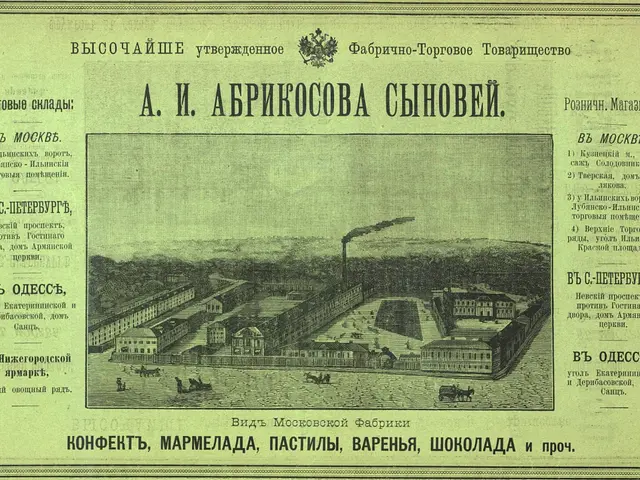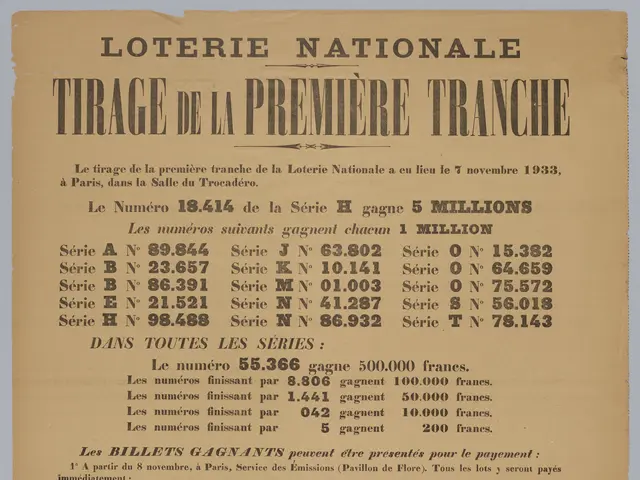Digital battle over freedom of expression in the Southern Hemisphere regarding Brazil
In the digital world, Brazil has become a test case for how digital sovereignty can be used to protect, not restrict, rights in the Global South. This transformation, marked by a series of significant events, has seen the country take bold steps towards enhancing internet user rights, net neutrality, and content moderation transparency.
The journey began in 2014 with the signing of the Marco Civil da Internet by former president Dilma Rousseff. This bill of rights for the internet laid a foundational legal framework that continues to shape Brazil's digital landscape.
Fast forward to August 2024, when Supreme Court Justice Alexandre de Moraes ordered the suspension of a popular social media platform (formerly Twitter) for refusing to remove harmful content, particularly posts targeting election officials and LGBTQ+ activists. This decision was a response to sustained pressure from a transnational coalition of populist politicians, far-right influencers, and U.S.-based media outlets.
The sanctions were followed by a 50 percent tariff on Brazilian exports, announced by U.S. President Donald Trump in July 2025. Trump specifically cited alleged human rights abuses and the censorship coercion of U.S. tech platforms, actions he attributed directly to rulings from Justice de Moraes.
However, it's important to note that the Brazilian National Data Protection Authority (ANPD) has also emerged as a key regulatory actor in digital governance. In July 2024, it suspended Meta's privacy policy for AI systems that relied on users' personal data, citing violations of constitutional rights. The ANPD's decision demanded greater transparency from companies developing AI, emphasizing the need for clear public disclosures on data usage, legal bases, and opt-out mechanisms for data subjects.
Brazilian civil society organizations, journalists, and academic institutions have been central to shaping the country's digital path, pushing for laws that protect vulnerable users, increase platform transparency, and resist surveillance. One such law is the so-called "Fake News Bill," passed by the Senate in 2020, which proposes a platform accountability framework requiring identification of inauthentic behavior, detection of coordinated manipulation, and enhanced visibility for verified information.
In response to accusations of censorship, U.S. voices decry the supposed suppression of free speech in Brazil. However, it's worth noting that American immigration authorities deny visas to foreign nationals based on the political content of their social media posts.
The U.S. imposed sanctions on Justice de Moraes under the Global Magnitsky Act in July 2025, accusing him of an oppressive campaign of censorship and arbitrary detentions that violate human rights. However, President Luiz Inácio Lula da Silva, who was in office at the time of the announcement, has faced no such sanctions.
President Lula's approval ratings have now overtaken his disapproval ratings for the first time in nine months, indicating a shift in public sentiment towards his administration's digital policies.
Brazil is advancing new legislation to ban mass biometric surveillance without judicial oversight, increase penalties for data misuse, and guarantee human recourse in automated decisions. With over 180 million internet users and an increasingly connected population, what happens in Brazil could influence policy far beyond its borders.
Reporters Without Borders states in its recommendations for Brazil's digital future that platforms must highlight reliable news sources, be transparent about how their algorithms work, and how they moderate content. This call for transparency aligns with the principles set out in the Marco Civil da Internet, positioning Brazil as a beacon for digital rights in the Global South.
In a recent development, Rumble, a video platform backed by investors connected to both men, was suspended in Brazil in February 2025 after repeatedly defying moderation orders from the Supreme Court. This action underscores the commitment of Brazil's judiciary to upholding the principles of the Marco Civil da Internet and maintaining the integrity of the digital space.
As Brazil continues to navigate the complexities of digital governance, it serves as a test case for the world, demonstrating that digital sovereignty can indeed be used to protect, not restrict, rights in the Global South.
Read also:
- Peptide YY (PYY): Exploring its Role in Appetite Suppression, Intestinal Health, and Cognitive Links
- Toddler Health: Rotavirus Signs, Origins, and Potential Complications
- Digestive issues and heart discomfort: Root causes and associated health conditions
- House Infernos: Deadly Hazards Surpassing the Flames








